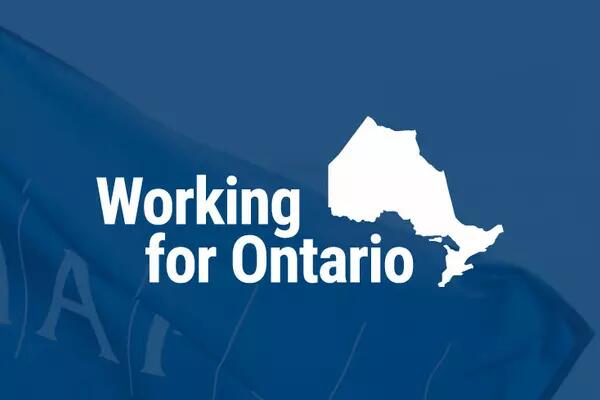When infectious diseases impact the health of communities, what do public health workers do to protect you?
Public Health Ontario epidemiologists conduct ongoing data surveillance and analysis to monitor and report on the spread of infectious diseases and health outcomes of Ontario’s communities. During the COVID-19 pandemic, when topics like daily case counts, deaths, hospitalizations, and immunizations led the news every day, their work took on a new urgency, and expanded to include developing brand-new systems for COVID-19 surveillance.
Decision-makers depend on scientific, evidence-based information developed by epidemiologists like Kayla to help inform the government’s policies and legislation. Knowing that Ontario is a diverse province, she considers factors like age, race and geography in her analyses and reports, which highlights inequitable health outcomes for decision-makers. Kayla does all this while ensuring that essential data is collected consistently and reported results accurately reflect the impact of the disease on the population. The surveillance data, reports and modelling help decision-makers assess where and when to implement the necessary and appropriate resources and actions such as outbreak management and reopening strategies.
Epidemiologists may have become more recognized during the COVID-19 pandemic, but data, analyses, and surveillance systems have been in place long before and will continue post pandemic.
AMAPCEO represents more than 16,500 professional public servants like Kayla, whose data analysis and reporting expertise promotes safer and healthier communities.


